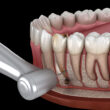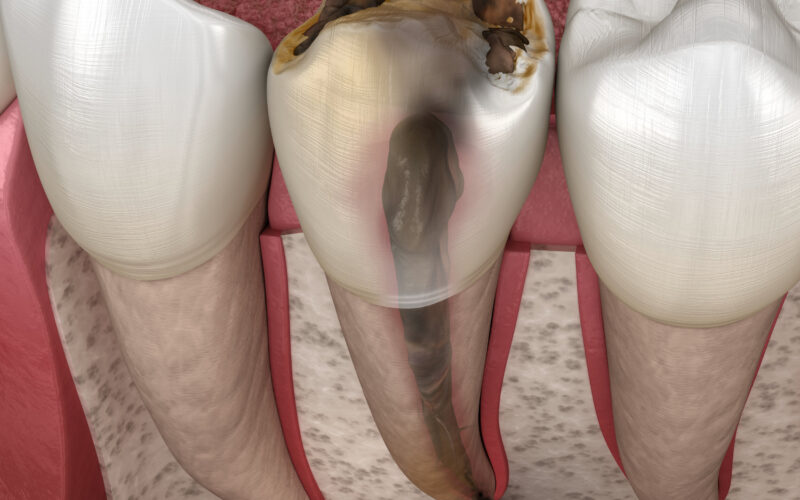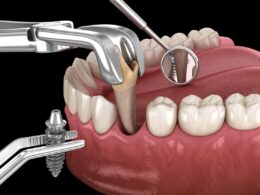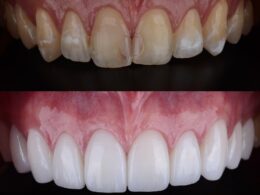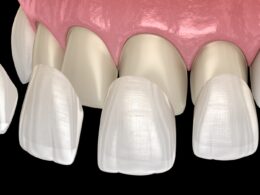A root canal treatment is a dental procedure that is performed to treat a damaged or infected tooth’s pulp. The pulp is the soft tissue inside a tooth that contains nerves, blood vessels, and connective tissue.
Here are some common situations where a root canal treatment might be done:
- Tooth decay: Tooth decay can cause a cavity to form in a tooth. If the cavity is not treated promptly, the decay can spread to the pulp, causing an infection. A root canal treatment may be necessary to remove the infected pulp and save the tooth.
- Trauma: Trauma to a tooth, such as a fracture or a deep crack, can damage the tooth’s pulp. A root canal treatment may be necessary to remove the damaged pulp and restore the tooth’s function.
- Gum disease: Gum disease can cause the gums to recede, exposing the tooth’s roots. This can make the roots more vulnerable to infection, which can then spread to the pulp. A root canal treatment may be necessary to remove the infected pulp and prevent the spread of the infection.
- Repeated dental procedures: Repeated dental procedures, such as fillings, can weaken a tooth and cause the pulp to become infected. A root canal treatment may be necessary to remove the infected pulp and restore the tooth’s function.
- Cracked or fractured teeth: Teeth that are cracked or fractured may require a root canal treatment if the damage has reached the pulp.
If you are experiencing tooth pain or sensitivity, it is essential to seek the advice of a qualified dental professional, who can determine if a root canal treatment is necessary.
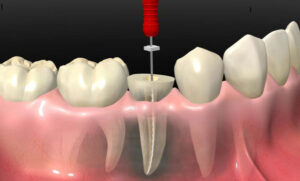
Can Children Have Root Canal Treatment?
Yes, children can have root canal treatment, also known as endodontic treatment, if their tooth’s pulp becomes infected or damaged. In fact, baby teeth that are infected or damaged may require root canal treatment to prevent the infection from spreading to the surrounding teeth and tissues.
The main difference between a root canal treatment in a child versus an adult is that a child’s teeth are still developing. Therefore, the procedure may require a few modifications. For example, a child’s root canal treatment may take less time and require fewer steps, as the roots of their baby teeth are shorter and less complex than adult teeth.




